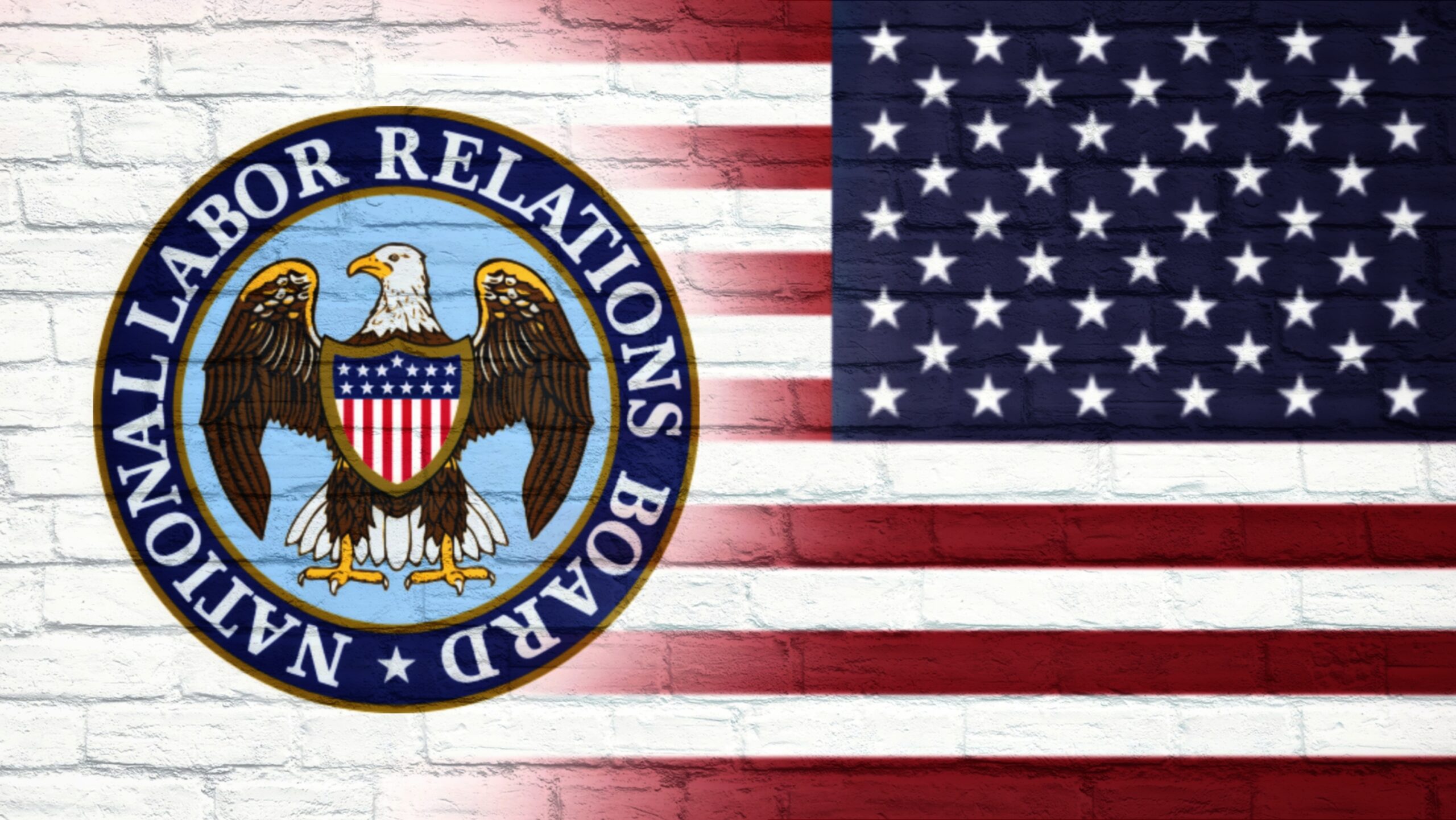Posts tagged federal labor law
A Republican-Led NLRB May Soon Revisit Expanded Remedies and Other Labor Precedents
October 30, 2025 // The HELP Committee’s approvals signal a likely realignment in the months ahead but not an immediate one, as it remains unknown as to when or whether the NLRB will have a quorum. A new NLRB majority may act quickly once seated to revisit recent precedents—not only Thryv, but also rules governing joint-employer status, independent-contractor classifications and union election procedures. The coming months will be a period of heightened uncertainty for employers navigating ongoing unfair labor practice matters.
The Cannabis Labor Crossroads: Historic Strikes, Labor Peace Agreements (“LPAs”), and What Comes Next
October 18, 2025 // The strikes at Exclusive Brands in Ann Arbor, Michigan, and at Green Thumb Industries’ RISE dispensary in York, Pennsylvania, now stand as the longest in the legal cannabis market. While both actions reflect shared themes—demands for better wages, a voice in the workplace, and concerns about bargaining conduct—they are unfolding in starkly different market contexts and with different strategic aims.
Impasse over NLRB nominee may be just what unions want
October 14, 2025 // The state laws would undermine the role of the NLRB, which was created to enforce the National Labor Relations Act and help ensure “labor peace” – i.e., more amicable relations between unions and management by creating a consistent set of rules for both sides. States could potentially give unions tremendous leverage in conflicts with management by changing the rules currently set down by the NLRB. Just having conflicting rules from region to region, for example, over which workers are eligible to organize, would create major logistical problems for interstate businesses. California’s law was heavily promoted by the Teamsters, who still represent many long-haul truckers.

Testimony: Rachel Greszler: Labor Law Reform Part 1: Diagnosing the Issues, Exploring Current Proposals
October 10, 2025 // SummaryToday’s challenges—from the rise of artificial intelligence to the expansion of independent work and the growing demand for flexibility, autonomy, and new skills—necessitate modernized labor laws that are pro-worker and pro-employer, regardless of the type of workplace. Heavy-handed government interventions and attempts to bring back the 1950s’ ways of work are not the answers. American labor laws should preserve the freedom, dignity, and opportunity that make American work exceptional.

Trump’s NLRB Nominees Get Grilled While Board Faces Uncertain Future
October 3, 2025 // If confirmed by the whole Senate, Mayer and Murphy will join the NLRB’s only member, Democratic appointee David A. Prouty, returning the usually five-person board to a three-person quorum with two GOP members and one Democratic one. Historically, the political affiliation of the board members breaks along a 3-2 split, with the majority coming from the president’s political party. With a quorum, the board should be able to return to its work of helping settle labor disputes as outlined under the National Labor Relations Act.
Amazon sues New York over union protections
September 24, 2025 // In a lawsuit filed Tuesday in U.S. District Court in New York City, Amazon argues that a newly minted state law giving the New York State Public Employment Relations Board authority to oversee union elections and resolve unfair labor practice charges is an "unconstitutional power grab" that's preempted by federal labor laws. Amazon was seeking a temporary restraining order blocking the law, but U.S. District Court judge Eric R. Komitee rejected that request in an order issued late Tuesday, citing a lack of notice to defendants named in the lawsuit. Lawyers for Amazon said the New York law "flips U.S. labor law on its head" by giving the state's PERB jurisdiction over every private-sector employer "until the NLRB gets a court to hold otherwise."
Columbia GRADS (Graduate Students Against Discrimination and Suppression) Hit UAW Union With Federal Labor Board Charges
September 23, 2025 // GRADS’ charges list a number of outrageous bargaining items from UAW union officials, including: “proposals to force Columbia to limit campus police, security, and NYPD from doing their jobs;” “bargain[ing] over…so-called ‘Boycott, Divest & Sanction’ policies…of the entire university;” “termination of a dual-degree program between Columbia and Tel Aviv University;” and undoing discipline for students who have been suspended for “destroy[ing] campus property and disrupt[ing] the unit’s working conditions for extended periods.” “These and similar actions constitute bad faith bargaining…and violate the duty of fair representation that respondent union owes to all represented graduate students,” the charges state.
Does federal marijuana prohibition mean cannabis workers can’t unionize?
September 19, 2025 // That’s what so-called “trigger laws” in California, New York and Massachusetts call for: allowing workers to petition state labor-relations entities if the NLRB cannot function. That could work against cannabis companies in such blue states. In contrast, it would be a boon for anti-unionization efforts in states with weak labor laws such as Missouri, where the cannabis industry is doing comparatively well compared to other states. It’s not clear what might happen next in Michigan, where Democratic lawmakers repealed anti-union “right-to-work” laws in 2024.
NY Starbucks Barista Asks Federal Labor Board to Restore Employees’ Right to Vote Out SBWU Union Officials
September 14, 2025 // SBWU union bosses prevented worker-requested union removal vote by filing unverified charges, never demonstrated link to worker effort. Starbucks barista Nadia Kuban is asking the National Labor Relations Board (NLRB) in Washington, DC, to overturn federal policies that are preventing her colleagues from having a vote to remove unwanted Starbucks Workers United (SBWU) union officials from their workplace. Kuban is receiving free legal aid from the National Right to Work Legal Defense Foundation.
Rhode Island Employer-Sponsored Meetings Ban Law Now in Effect
August 25, 2025 // The new law prohibits employers from holding mandatory worker meetings to explain what unionizing will mean for the business from an employer’s perspective. This also means labor organizers will have an unchallenged narrative on unionization. Identical laws in Connecticut, Minnesota, and other states face legal challenges citing the law is superseded by the National Labor Relations Act as well as federal labor law precedent. Rhode Island’s new law is likely to face a similar challenge, something NFIB and other organizations warned when lawmakers considered these bills
